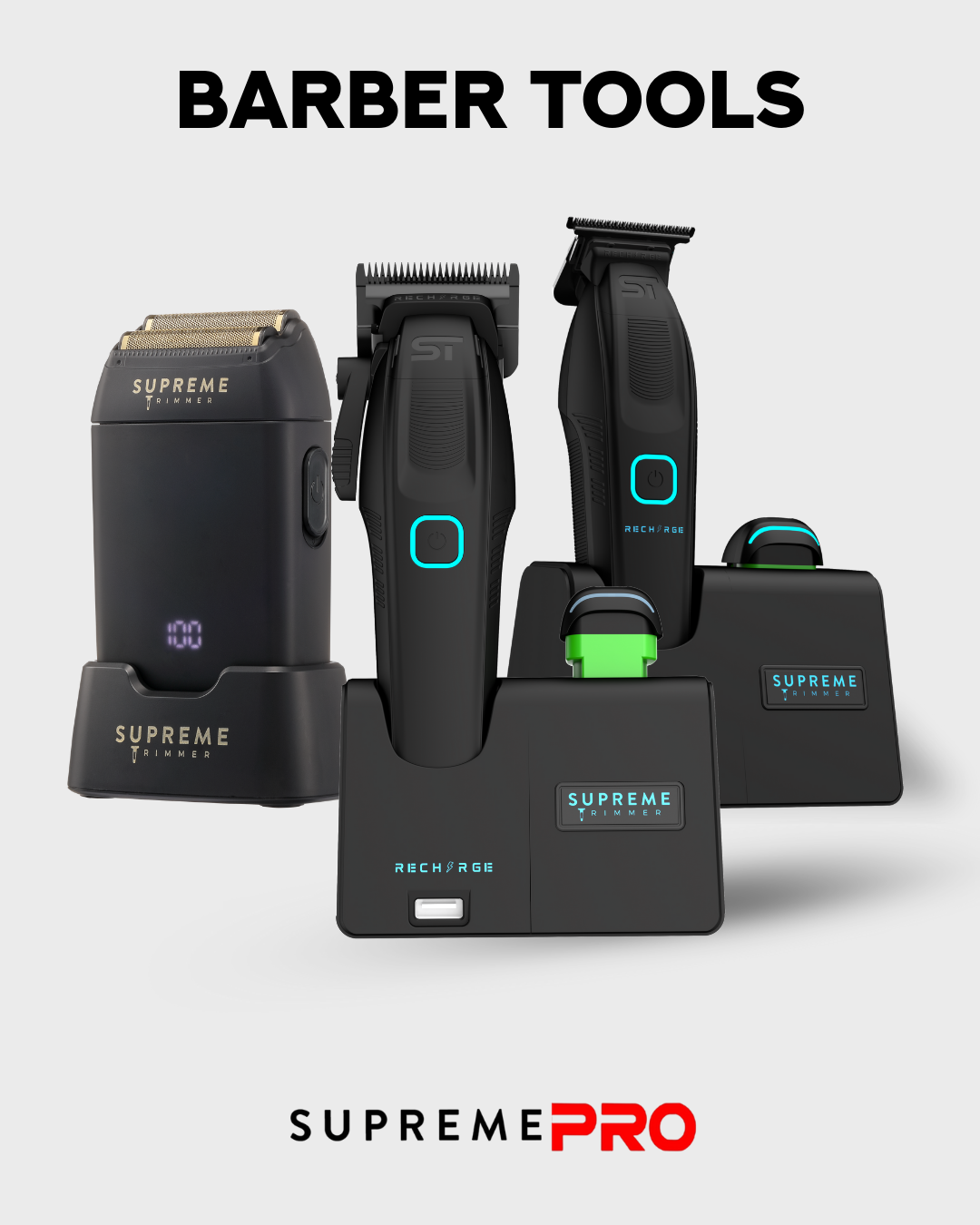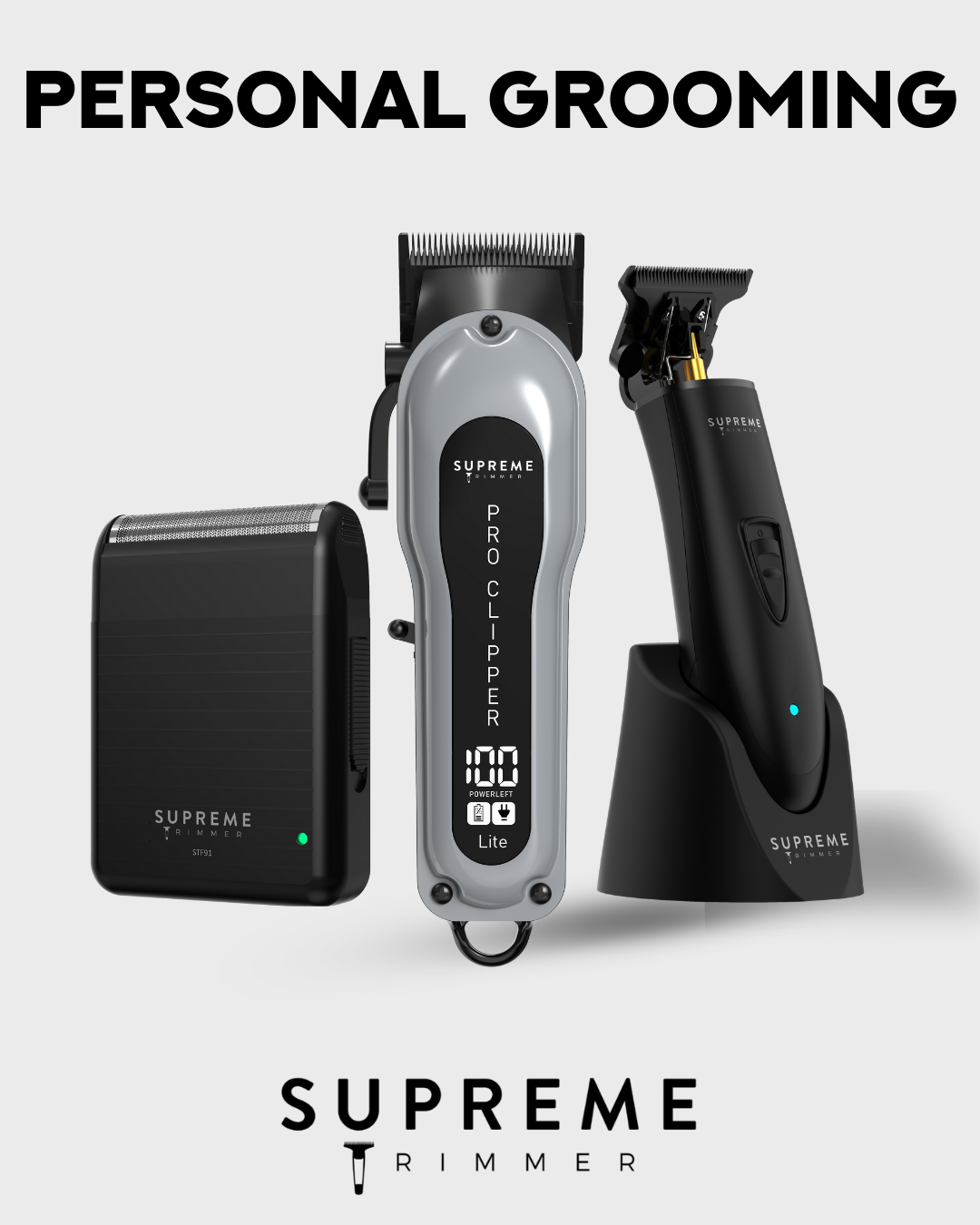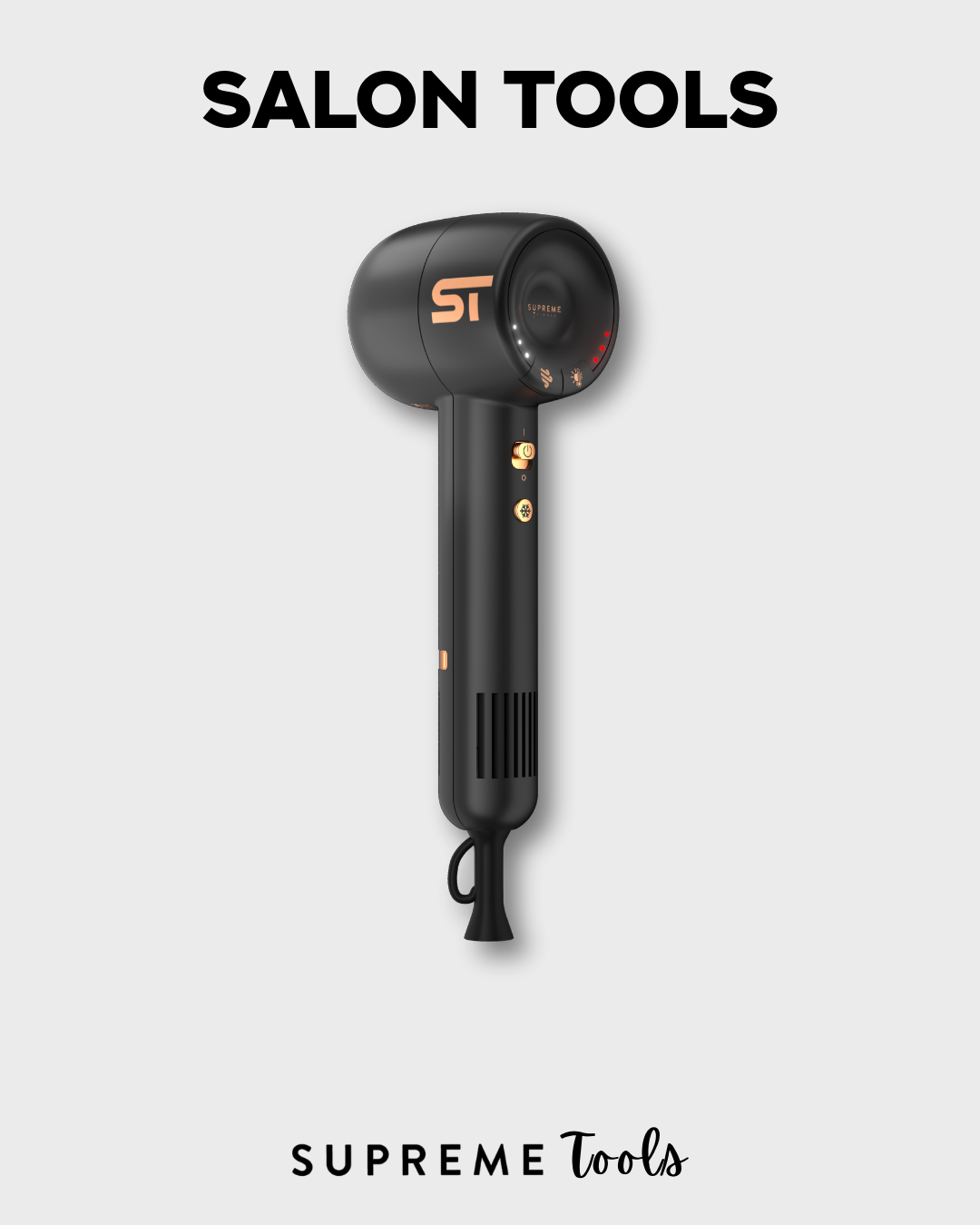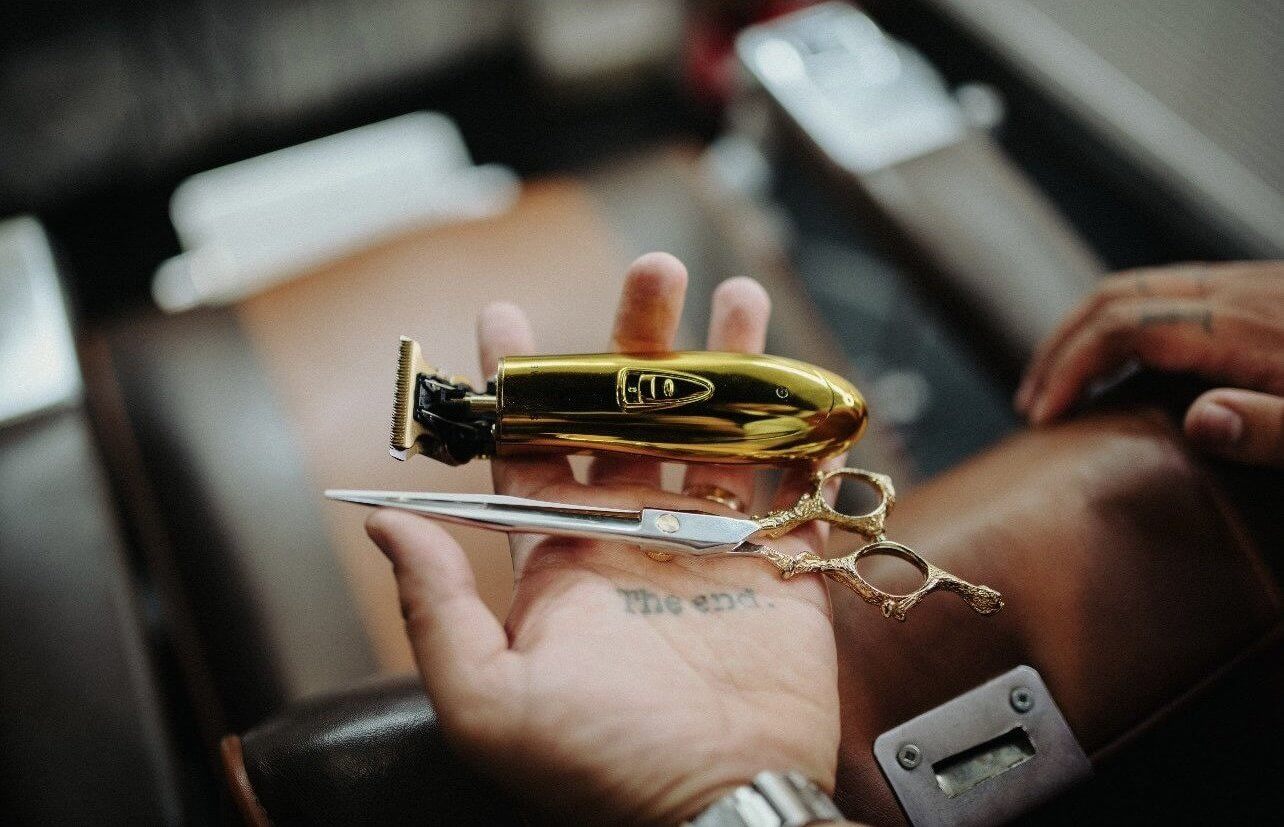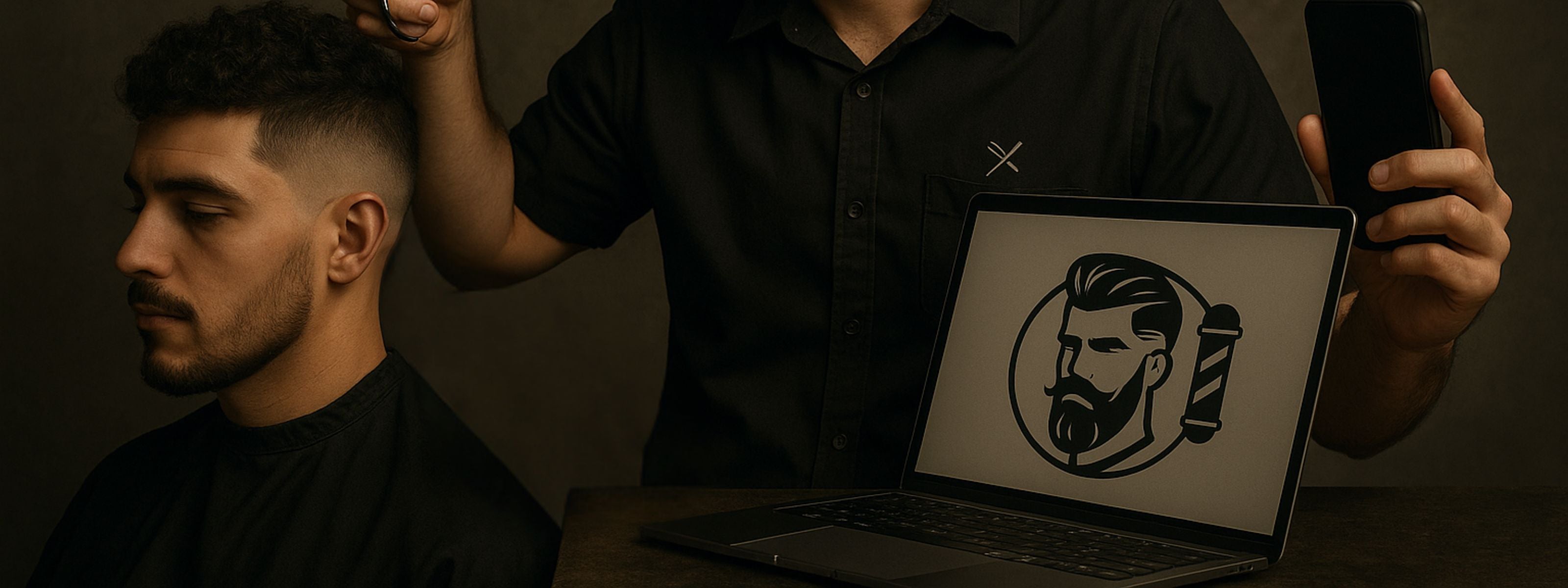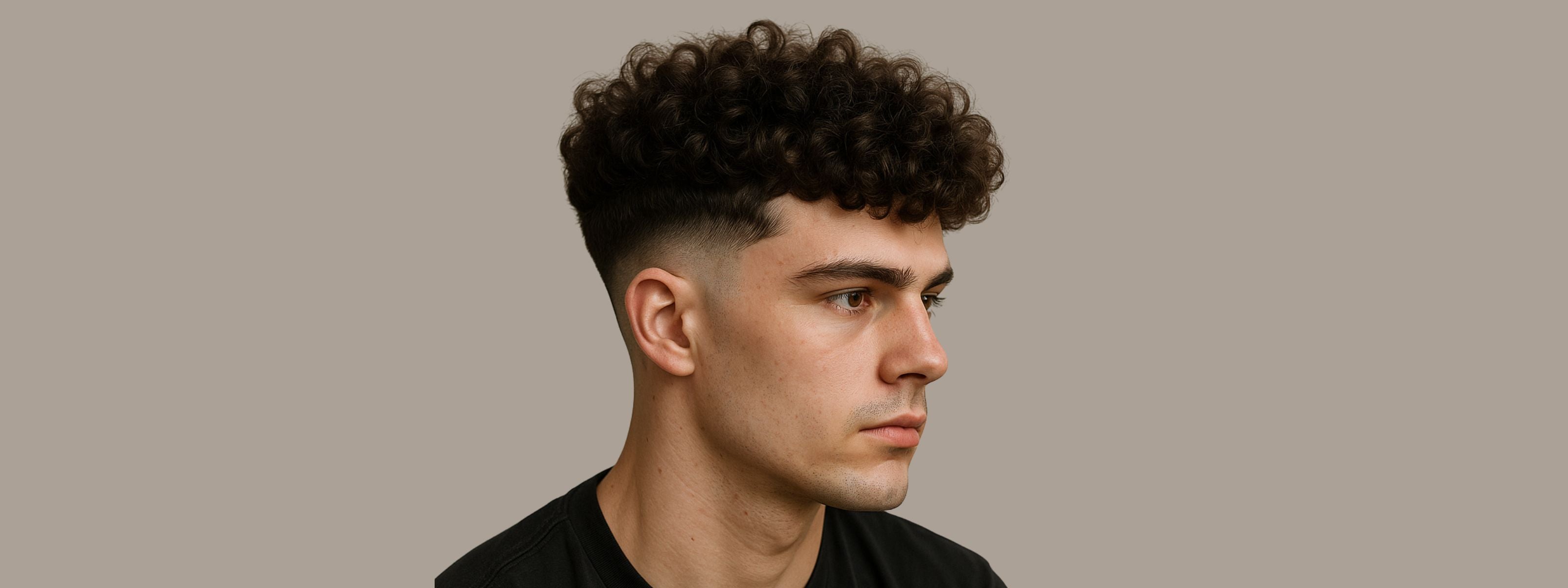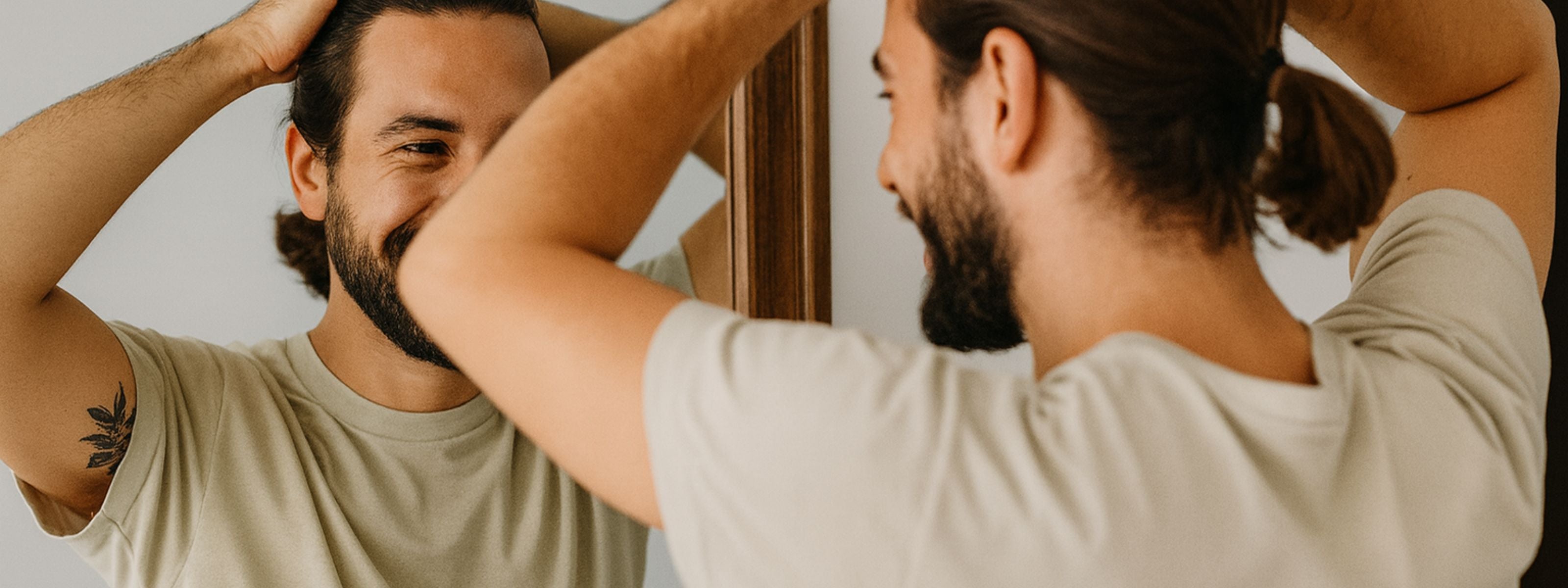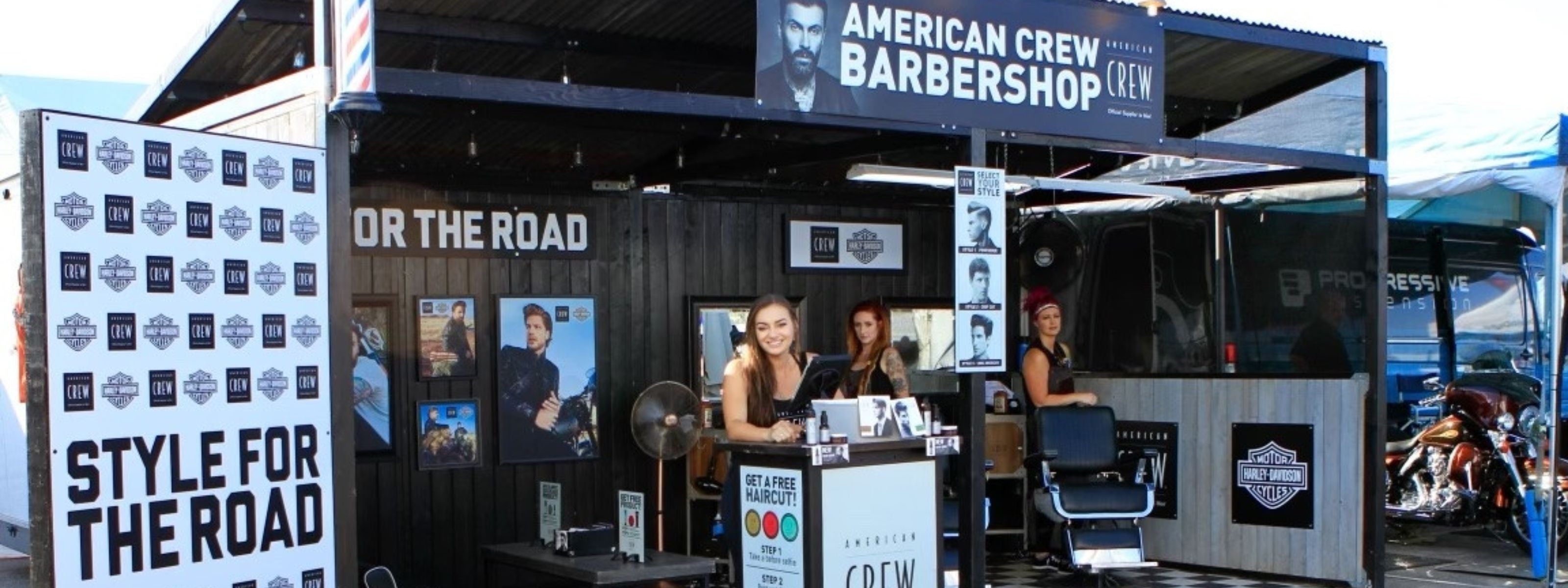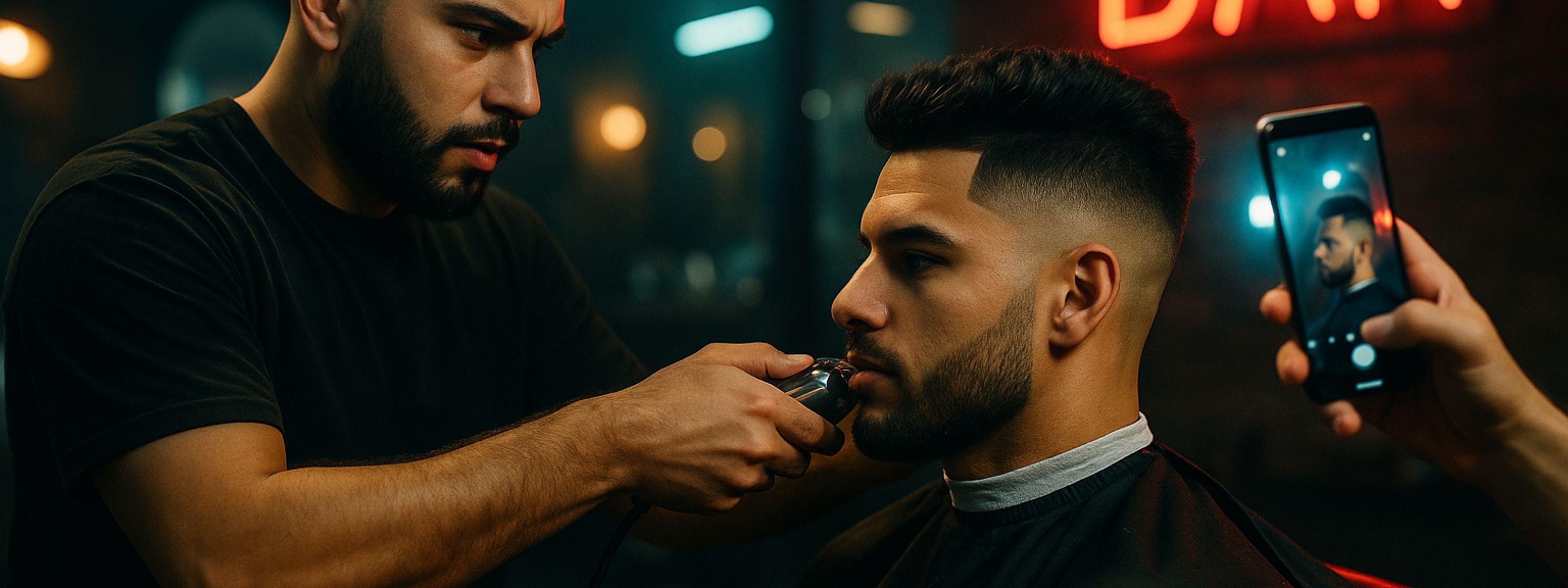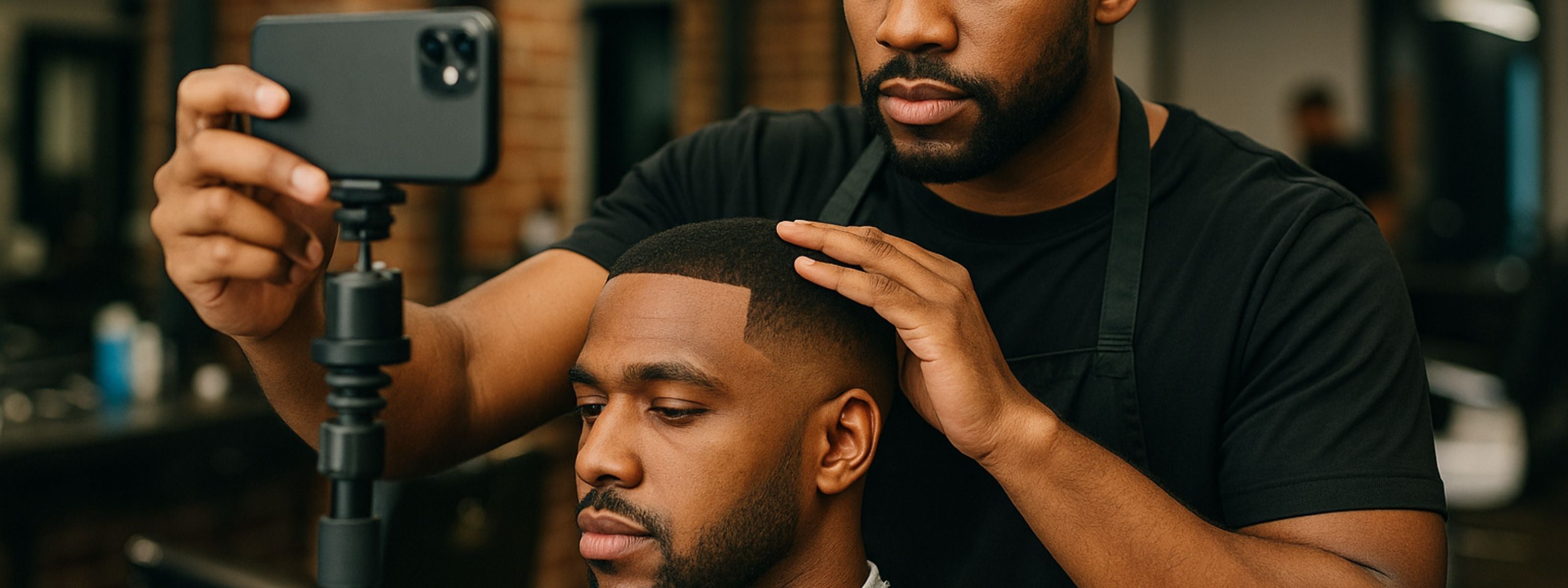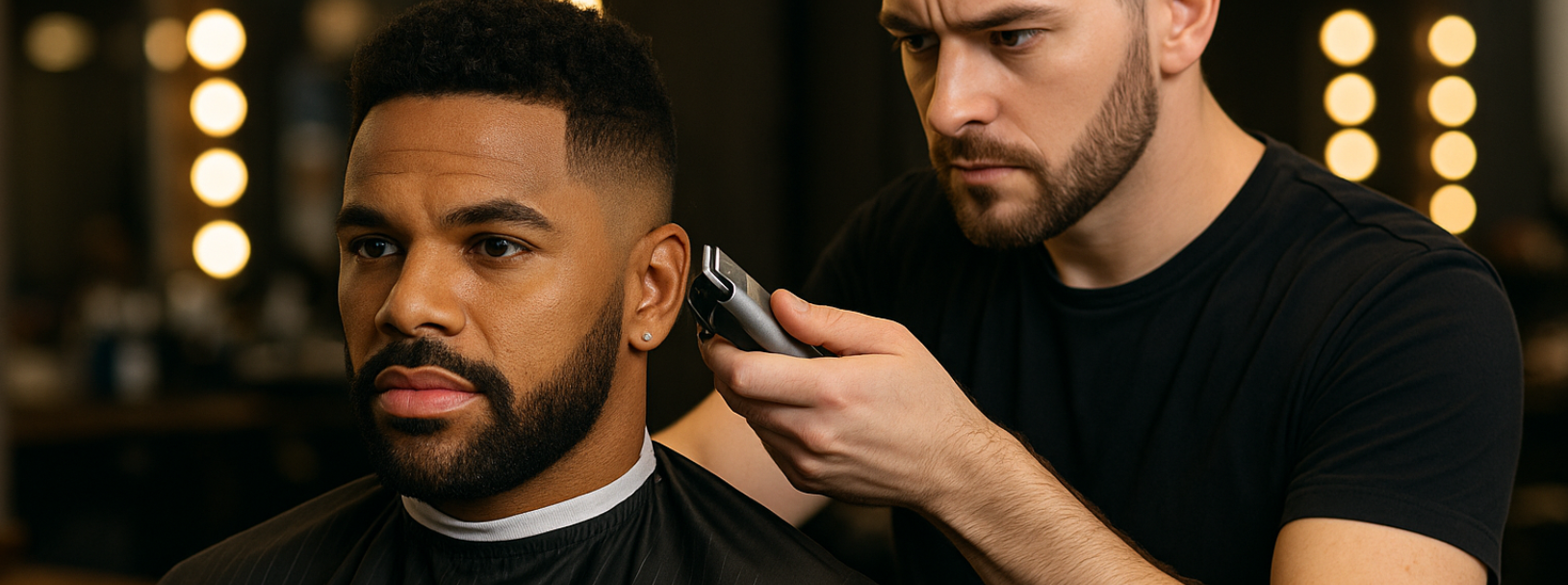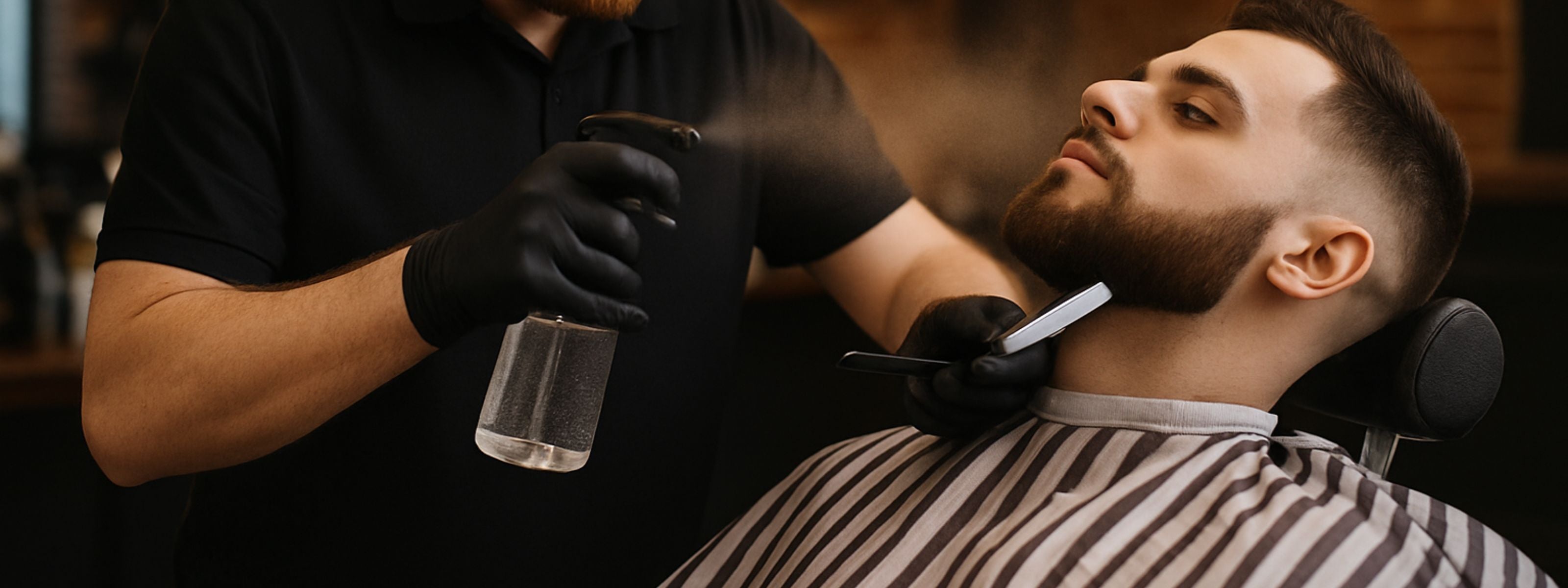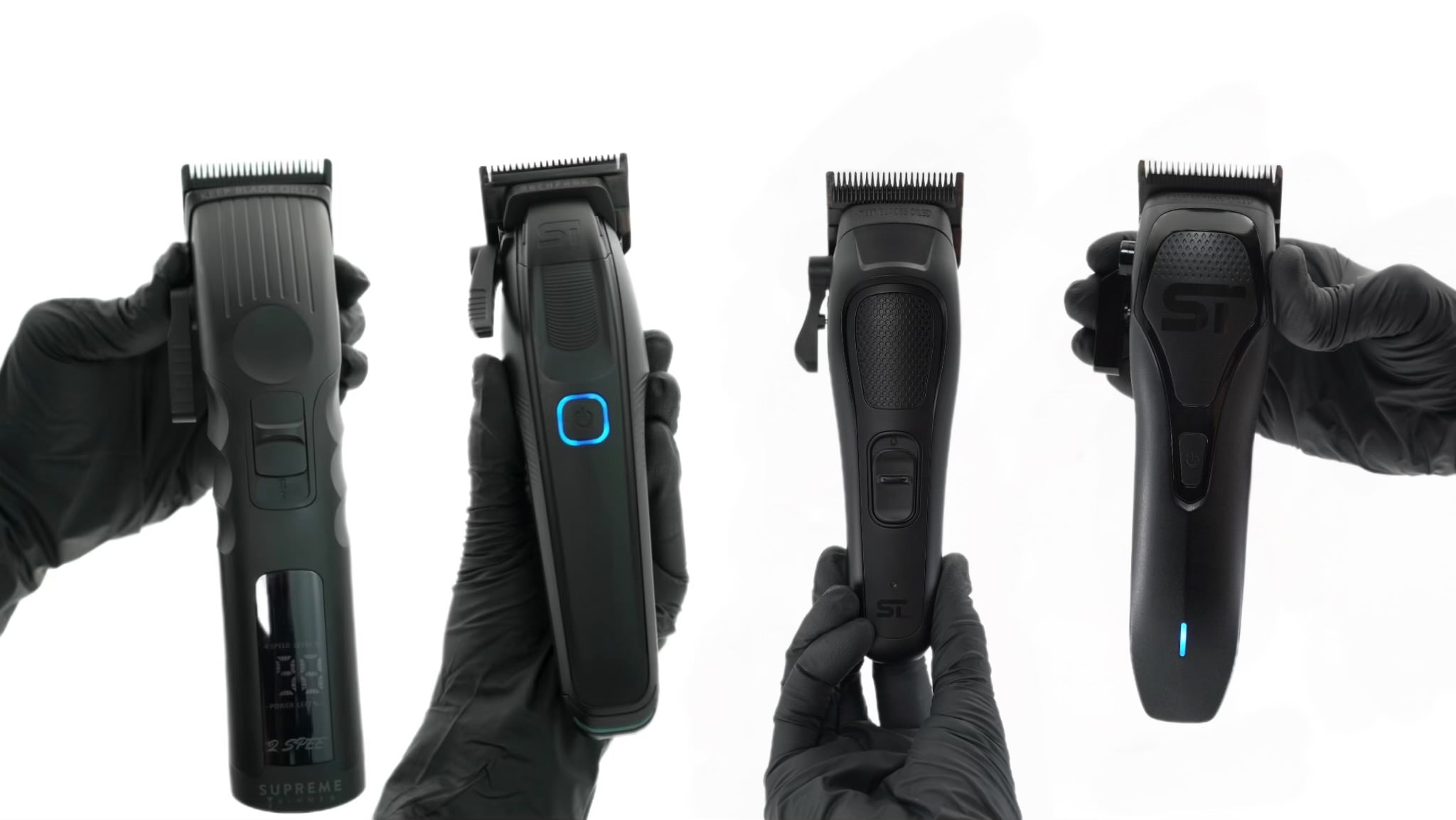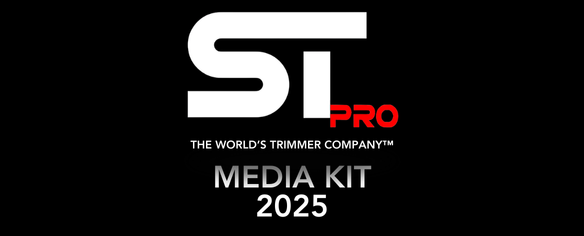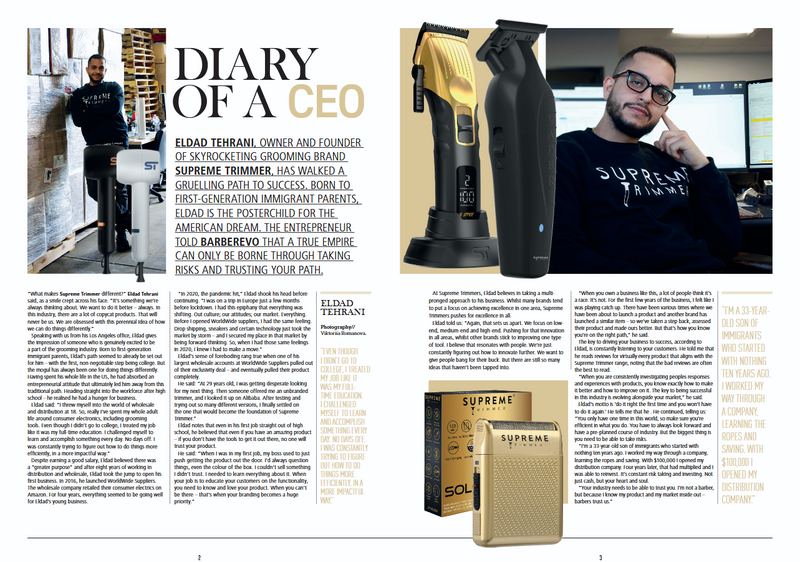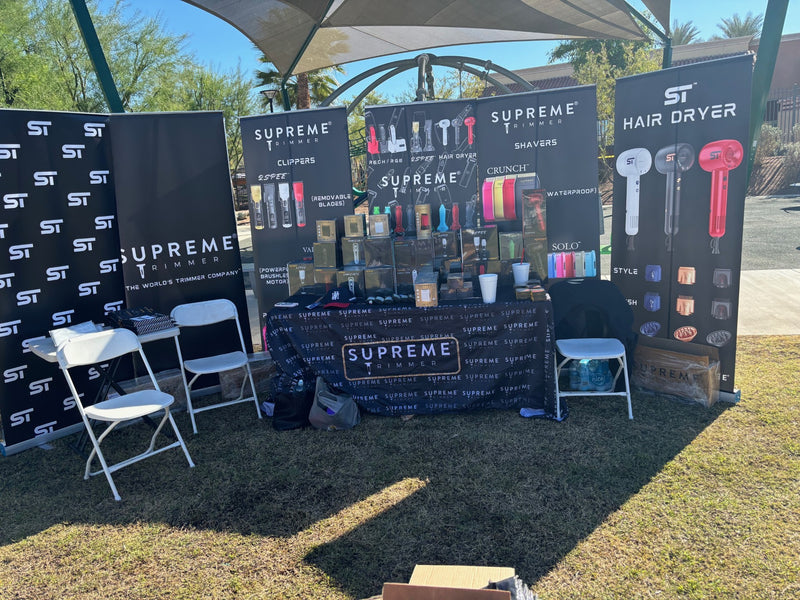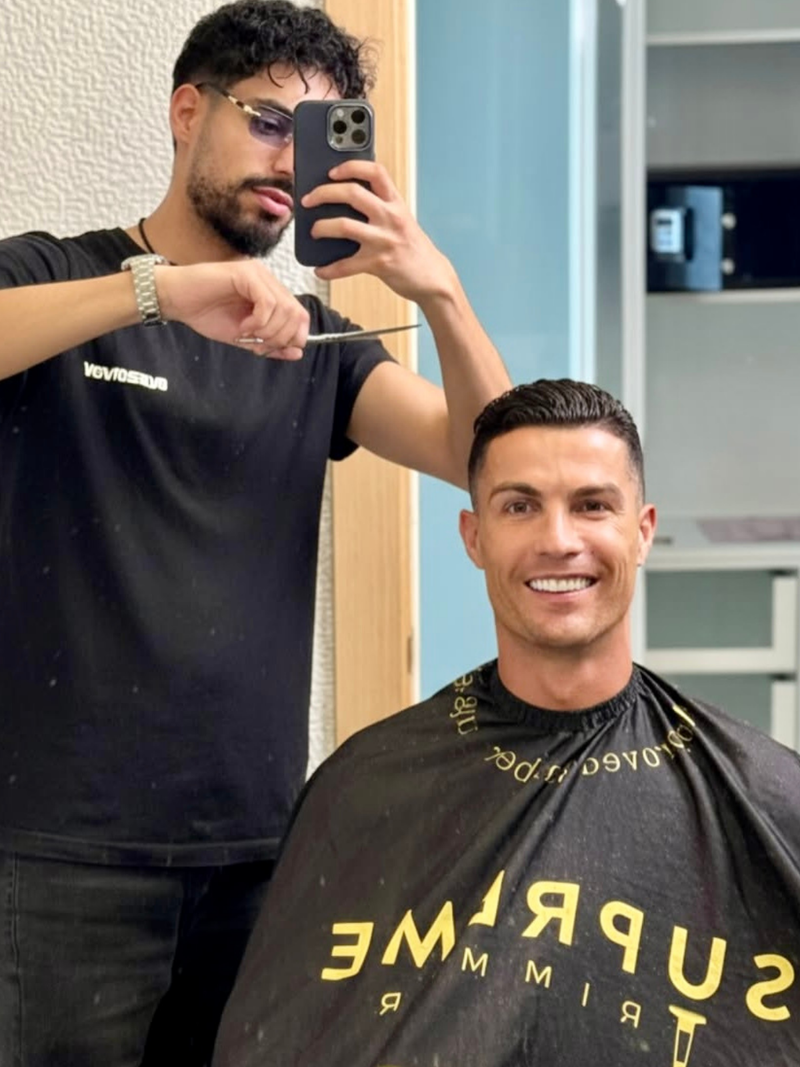A kid hops in your chair, rocking fresh twists. He smiles when he sees himself in the mirror, but then drops this on you: “My school said I’ll get suspended if I come back with this.”
That moment hits different. Because as barbers, we know the haircut isn’t just about style—it’s about identity, culture, and confidence. And when schools or jobs try to police that, it cuts deeper than hair.
This is where laws like the CROWN Act come in. They were created to stop discrimination based on natural hair, locs, braids, twists, and afros. As of 2025, more than half of U.S. states have passed some version of it. Sounds good on paper, right? But here’s the thing: laws don’t instantly change attitudes.
Why This Still Matters in the Shop
Even with the CROWN Act spreading across the country, clients are still getting pressured. In Texas, a student named Darryl George was suspended again and again because of his locs, even though the state already had a version of the law. That case blew up in the news and showed exactly what we see in the shop every week—rules and loopholes still get used to call Black hairstyles “unprofessional.”
And here’s the reality: when clients sit down in your chair, they don’t come in talking about legislation. They talk about life. About their boss making side comments. About teachers threatening suspension. About job interviews where the vibe shifts the second they walk in. And they ask us, the barbers, “What do you think? Should I change it?”
That’s heavy. Because a haircut should be about pride, not fear.
How Barbers Get Pulled Into This
If you’re a barber, you’ve already felt it. Sometimes a client asks you to tone down their style before a big interview. Sometimes parents ask you to cut their kid’s locs short because they don’t want school trouble. And sometimes you hear the pain in a client’s voice when they admit their natural style doesn’t feel safe to wear.
We’re not lawmakers, but we’re in it every day. And whether we like it or not, we’re part of how people deal with hair discrimination.

What We Can Do in the Chair
First, know the laws where you are. If your state has passed the CROWN Act, tell your clients. They might not even know they’re protected. And if your state hasn’t? That’s even more reason to talk about it and show support.
Second, normalize natural styles. Post fades, braids, twists, and locs on your social media with pride. When clients see their styles celebrated in your shop, they feel validated.
Third, listen. Sometimes the most powerful thing we do isn’t cutting hair—it’s giving clients space to talk. If they’re stressed about workplace or school policies, be the barber who listens and reminds them they’re not the problem.
And finally, back your clients up. Barbershops have always been more than just places for cuts. They’re community hubs, safe spaces, cultural centers. When we stand behind natural hair, we send the message that it belongs everywhere—classrooms, boardrooms, red carpets, you name it.

Why This Fight Isn’t Over
The truth is, the CROWN Act is progress, but it’s not the end of the road. Some states still don’t have protections. Some workplaces and schools will keep testing the limits. And that means barbers are going to keep hearing these stories in the chair.
But that’s also why our role matters so much. Because when a client leaves your shop with a clean fade, a fresh set of braids, or locs lined up just right, they’re not just leaving with style—they’re leaving with confidence. And confidence is what makes the difference when the world tries to tell them their hair doesn’t belong.
So yeah, hair discrimination is still real. But every time we back our clients, celebrate their styles, and remind them their hair is worth wearing with pride, we’re chipping away at that old mindset. The clippers might shape the cut, but the conversation in the chair? That’s where real change starts.

